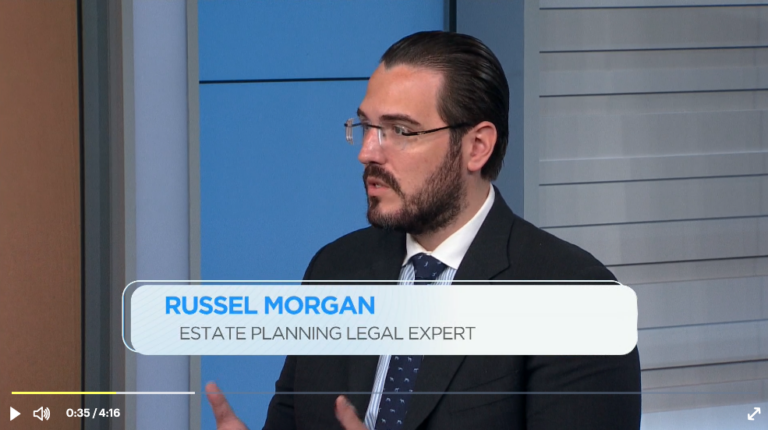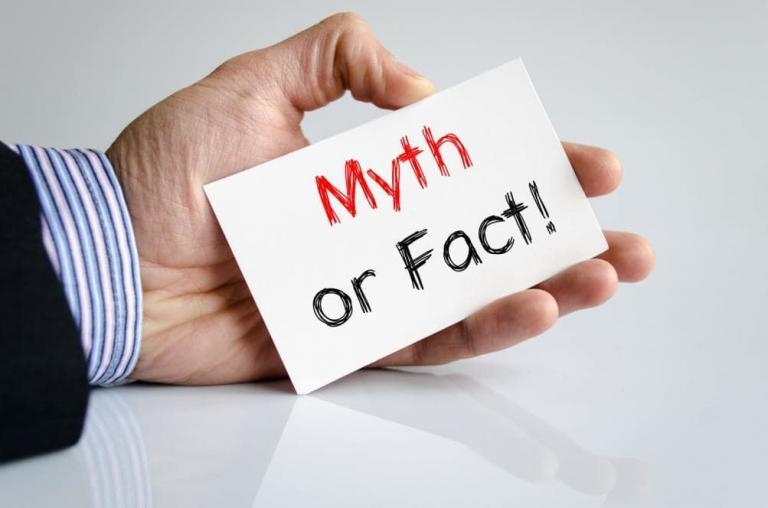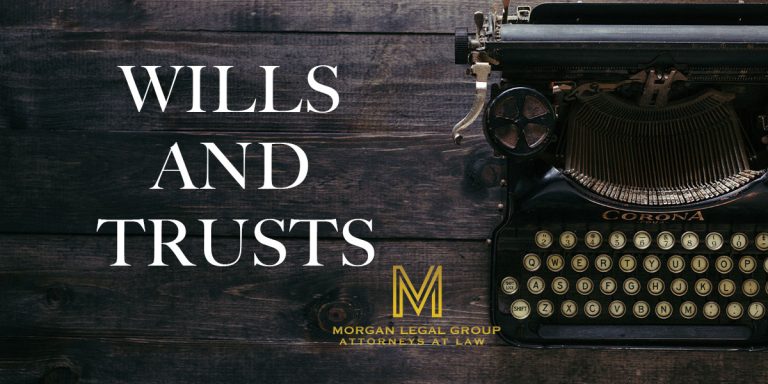Estate Planning Lawyer: Comprehensive Guide to Estate Planning in New York
Estate planning is a crucial process that ensures your assets are managed and distributed according to your wishes after your passing. At Morgan Legal Group, located in New York City, we specialize in estate planning, probate, elder law, wills, and trusts. This guide provides a detailed overview of estate planning, highlighting the importance of each component and how our experienced attorneys can assist you in creating a robust estate plan under New York State law.
Understanding Estate Planning
Estate planning involves making arrangements for the management and disposal of your estate during your life and after death. A comprehensive estate plan not only addresses the distribution of assets but also covers healthcare decisions, guardianship of minors, and minimization of taxes.
The Key Components of an Estate Plan
A well-rounded estate plan typically includes the following documents and strategies:
- Wills: A will outlines how your assets will be distributed and who will care for your minor children after your death.
- Trusts: Trusts can manage and protect your assets during your lifetime and distribute them according to your wishes after death.
- Powers of Attorney: These documents designate someone to manage your financial affairs if you become incapacitated.
- Healthcare Directives: Advance directives, including a healthcare proxy and living will, specify your healthcare preferences if you cannot make decisions yourself.
- Beneficiary Designations: Ensure that your retirement accounts, life insurance policies, and other financial accounts have up-to-date beneficiary designations.
The Importance of a Will
A will is a foundational document in estate planning. It allows you to specify how your assets will be distributed, name guardians for minor children, and appoint an executor to manage your estate. Without a will, your assets will be distributed according to New York State’s intestacy laws, which may not align with your wishes.
Creating a Valid Will
To create a valid will in New York, you must:
- Be at least 18 years old and of sound mind.
- Sign the will in the presence of at least two witnesses who are not beneficiaries.
- Ensure the witnesses also sign the will within 30 days of each other.
Updating Your Will
Regularly review and update your will to reflect significant life events, such as marriage, divorce, the birth of a child, or substantial changes in your financial situation. This ensures that your will remains relevant and accurate.
Trusts: A Powerful Estate Planning Tool
Trusts offer flexibility and control over how your assets are managed and distributed. They can also help avoid probate, reduce estate taxes, and provide for beneficiaries in a structured manner.
Types of Trusts
There are several types of trusts to consider:
- Revocable Living Trust: Allows you to retain control over your assets during your lifetime and specify how they will be distributed after your death.
- Irrevocable Trust: Provides significant tax benefits and asset protection by removing assets from your estate.
- Special Needs Trust: Ensures that a disabled beneficiary receives necessary support without affecting their eligibility for government benefits.
- Charitable Trust: Allows you to support charitable organizations while enjoying tax benefits.
Powers of Attorney and Healthcare Directives
Planning for potential incapacity is an essential part of estate planning. Powers of attorney and healthcare directives ensure that your financial and medical affairs are managed according to your wishes if you become unable to make decisions yourself.
Financial Power of Attorney
A financial power of attorney designates someone to manage your financial affairs, such as paying bills, managing investments, and handling other financial matters if you are incapacitated.
Healthcare Proxy and Living Will
A healthcare proxy allows you to appoint someone to make medical decisions on your behalf. A living will outlines your preferences for medical treatment, such as life-sustaining measures and end-of-life care.
Beneficiary Designations
Beneficiary designations on accounts such as life insurance policies, retirement plans, and payable-on-death accounts supersede your will. Ensure these designations are up-to-date and reflect your current wishes.
Regular Reviews
Review your beneficiary designations regularly and update them as needed, especially after major life events. This prevents unintended distributions and ensures your assets go to the right people.
Minimizing Estate Taxes
Estate taxes can significantly reduce the value of your estate. Effective estate planning strategies can help minimize tax liabilities and preserve more of your wealth for your beneficiaries.
Strategies for Reducing Estate Taxes
Consider the following strategies to reduce estate taxes:
- Gifting: Make use of the annual gift tax exclusion to transfer assets to your beneficiaries tax-free.
- Trusts: Certain types of trusts, such as irrevocable trusts, can remove assets from your taxable estate.
- Charitable Donations: Charitable donations can reduce the size of your taxable estate while supporting causes you care about.
Choosing the Right Estate Planning Lawyer
Working with an experienced estate planning lawyer ensures that your estate plan is comprehensive, legally sound, and tailored to your unique needs. At Morgan Legal Group, we provide personalized estate planning services to help you protect your assets and achieve your goals.
What to Look for in an Estate Planning Lawyer
Consider the following factors when choosing an estate planning lawyer:
- Experience: Look for a lawyer with extensive experience in estate planning and a deep understanding of New York State law.
- Reputation: Research client reviews and testimonials to gauge the lawyer’s reputation and track record.
- Communication: Choose a lawyer who communicates clearly, listens to your concerns, and provides detailed explanations.
- Comprehensive Services: Ensure the lawyer offers a full range of estate planning services, including wills, trusts, powers of attorney, and healthcare directives.
Conclusion
Estate planning is a vital process that protects your assets and ensures your wishes are honored. At Morgan Legal Group, we are committed to providing expert estate planning services tailored to your unique needs. Contact us today to schedule a consultation and start building a comprehensive estate plan that secures your legacy.
Frequently Asked Questions
Why is estate planning important?
Estate planning ensures that your assets are distributed according to your wishes, minimizes taxes, avoids probate, and protects your legacy. It provides peace of mind and reduces potential conflicts among your heirs.
How often should I update my estate plan?
You should review and update your estate plan regularly, especially after significant life events such as marriage, divorce, the birth of a child, or major financial changes.
What is the difference between a will and a trust?
A will outlines how your assets will be distributed after your death and requires probate. A trust allows for the management and distribution of your assets without probate, offering privacy and potential cost savings.
How can I minimize taxes on my estate?
Work with an experienced estate planning attorney to develop strategies that consider New York State tax laws and your specific circumstances. Trusts, charitable donations, and other tools can help minimize tax liabilities.
What should I discuss with my family about my estate plan?
Discuss the contents of your estate plan, the reasons behind your decisions, and any specific wishes you have for your assets and end-of-life care to ensure everyone understands and respects your intentions.































